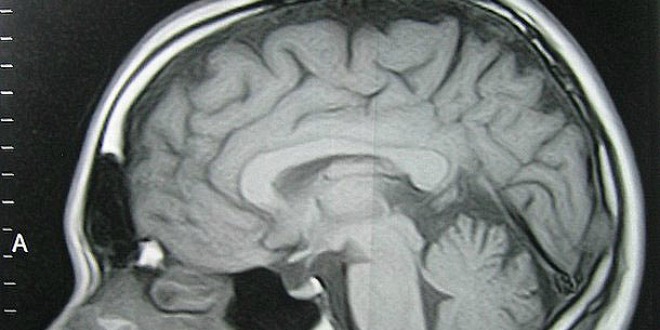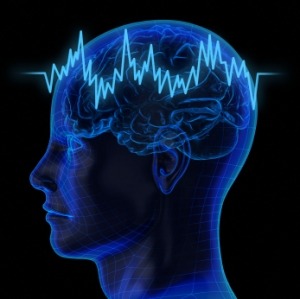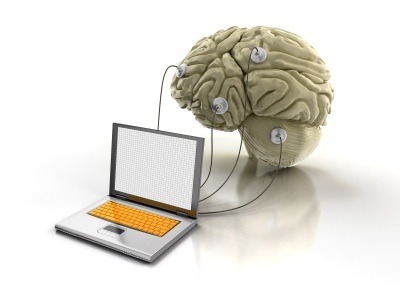Posts Tagged ‘information-overload’
Is the Internet Good or Bad for Your Brain?
“The controversy itself is superficial; as the obvious reality is the internet and technology are not only here to stay, but constantly evolving and permeating more of our lives…The real conversation should be how we can best use the Internet in smarter ways that help us to monitor and enhance the brain, and how can…
Read MoreBrains shape technology as technology shapes brains
Is Your Brain Being Wired By Technology? (Center for BrainHealth at UT-Dallas): “…Research shows we are exposed to three times more information today as compared to four decades ago. This information overload leads to more multitasking and forces us to push our brain to do things it was not built to do. Technology is allowing us,…
Read MoreStudy: Working memory training can improve fluid intelligence
Very interesting new study on computerized cognitive training (or brain training), well summarized in LA Times article Memory training improves intelligence in some children, report says. Quote: The training program used by Jaeggi and co-workers focused on ramping up working memory: the ability to hold in mind a handful of information bits briefly, and to update…
Read MoreBrain Fitness Update: Best of 2008
Dear reader and member of SharpBrains’ community, We want to thank you for your attention and support in 2008, and wish you a Happy, Prosperous, Healthy and Positive 2009! Below you have the December edition of our monthly newsletter. Enjoy: Best of 2008 Announcing the SharpBrains Most Important Book of 2008: Neuroscientist Torkel Klingberg has written a very…
Read MoreTorkel Klingberg helps with Overflowing Brain & Information Overload
Karolinska Institute’s Dr. Torkel Klingberg has just released in the US his excellent book The Overflowing Brain: Information Overload and the Limits of Working Memory The title was first released in Sweden with great success, and our co-founder Dr. Elkhonon Goldberg gave a Foreword to the new US edition. Dr. Klingberg will be writing an…
Read MoreInformation Overload? Seven Learning and Productivity Tips
We often talk in this blog about how to expand fundamental abilities or cognitive functions, like attention, or memory, or emotional self-regulation. Think of them as muscles one can train. Now, it is also important to think of ways one can use our existing muscles more efficiently. Let’s talk about how to manage better the…
Read More


